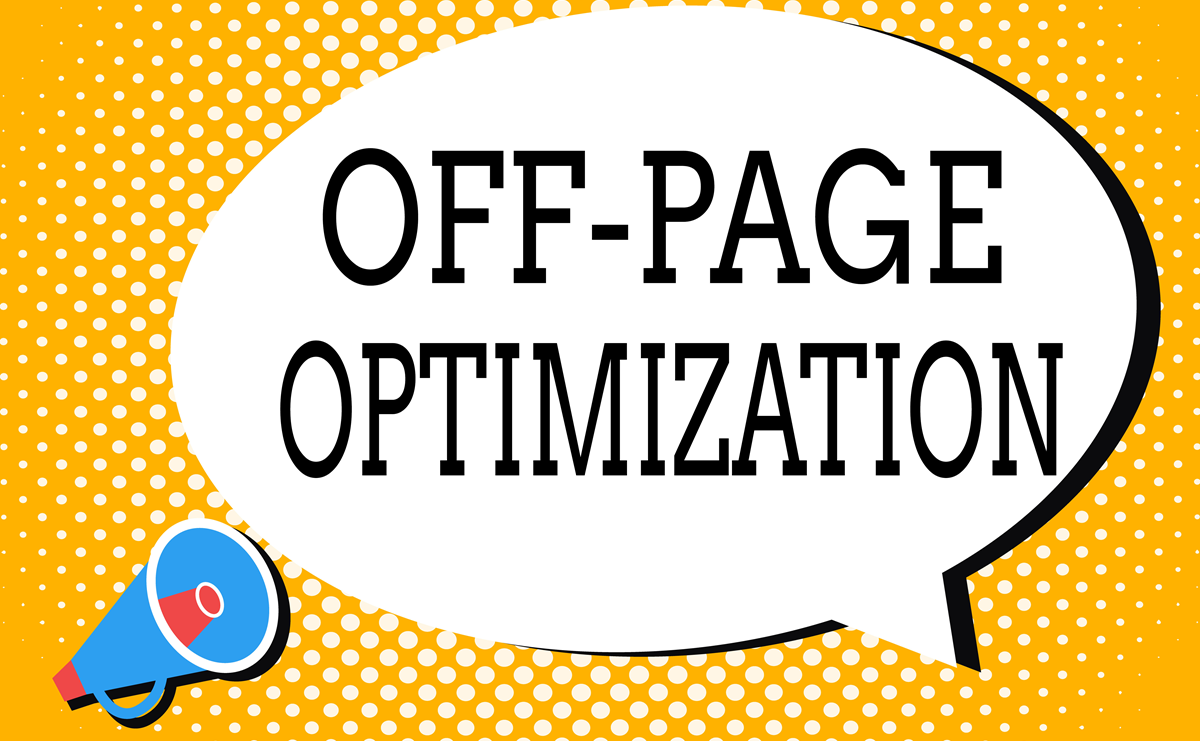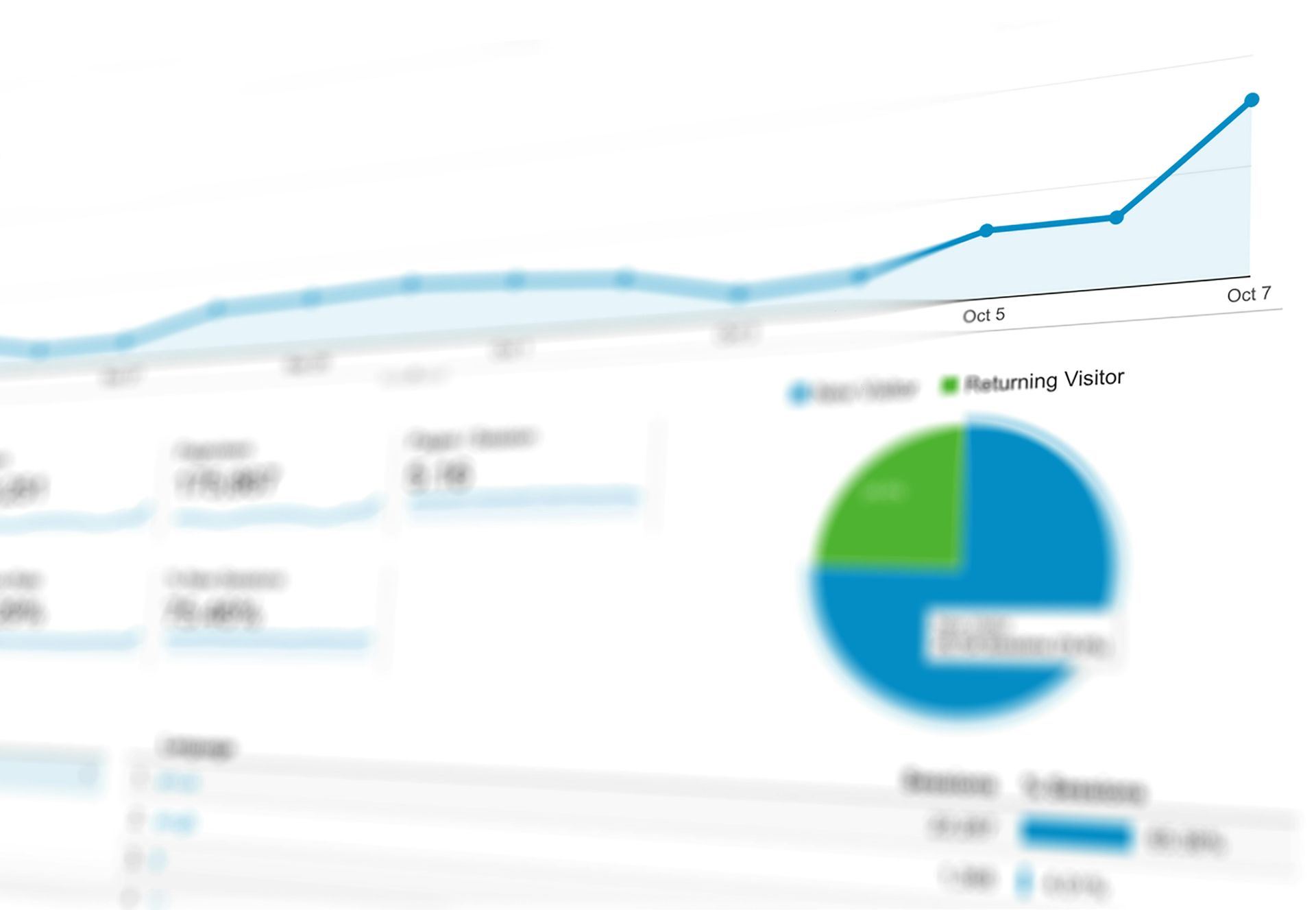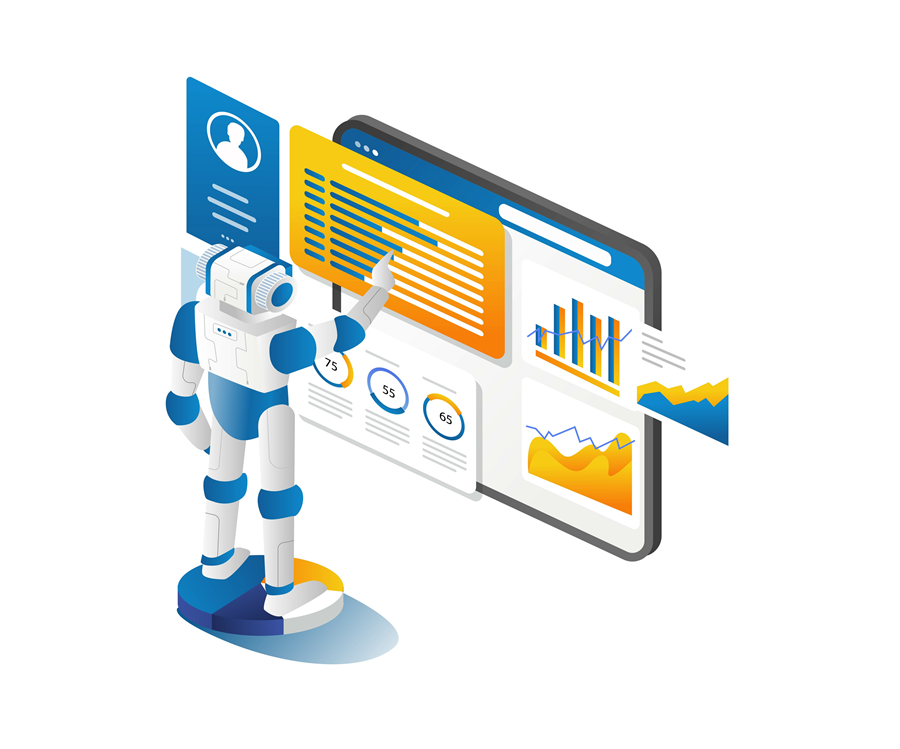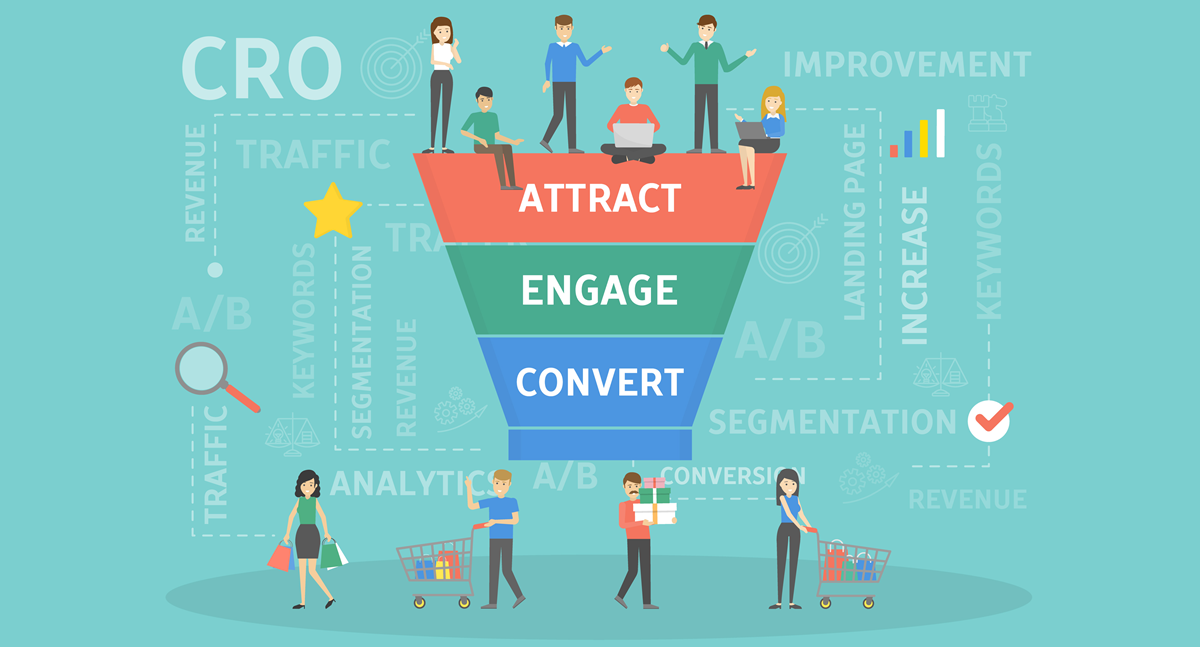Key Performance Indicators (KPIs) in SEO
Key Performance Indicators (KPIs) in SEO
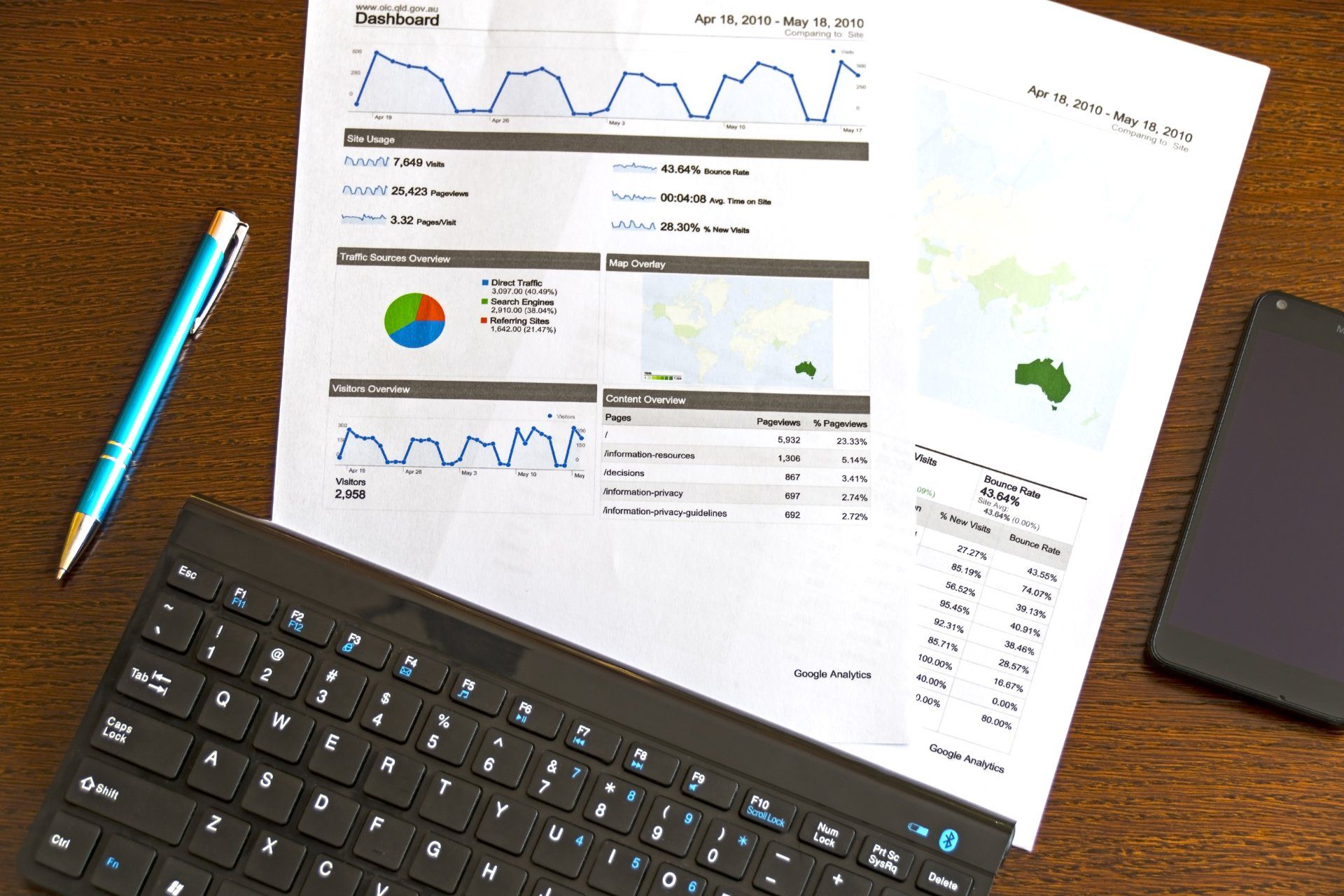
Key Performance Indicators (KPIs) in SEO tracking are metrics and measurements that help you assess the effectiveness and performance of your search engine optimization efforts. These KPIs provide insights into how well your website is performing in search engine rankings, organic traffic generation, and user engagement. Here are some essential SEO KPIs:
- Organic Traffic: The number of visitors coming to your website through organic search results on search engines like Google. Google Analytics is a commonly used tool to track organic traffic.
- Keyword Rankings: Monitoring the positions of your target keywords in search engine results pages (SERPs). You can use tools like SEMrush, Ahrefs, or Google Search Console for this.
- Click-Through Rate (CTR): The percentage of users who click on your website's link in the search results compared to the number of times it was displayed. High CTR indicates effective meta titles and descriptions.
- Bounce Rate: The percentage of visitors who leave your site after viewing only one page. A high bounce rate can indicate poor content or a mismatch between user intent and your content.
- Conversion Rate: The percentage of visitors who complete a desired action, such as making a purchase, filling out a contact form, or signing up for a newsletter.
- Page Load Time: The time it takes for your web pages to fully load. Faster loading times are associated with better user experience and can positively impact SEO.
- Mobile-Friendliness: Ensuring that your website is mobile-responsive and provides a good user experience on smartphones and tablets. Google considers mobile-friendliness when ranking websites.
- Backlinks: The number and quality of websites linking to your content. Quality backlinks from authoritative sources can improve your website's authority and search rankings.
- Organic Search Impressions: The total number of times your website appears in search results, regardless of whether users click on your links or not.
- Pages per Session: The average number of pages a user visits during a single session on your website. It reflects how engaging and navigable your site is.
- Dwell Time: The amount of time visitors spend on your website after clicking on a search result. Longer dwell times may indicate content relevance and quality.
- Pages Indexed: The number of pages from your website that search engines have crawled and included in their index. Ensure all important pages are indexed.
- Crawl Errors: Identifying and fixing any issues that prevent search engine bots from properly crawling and indexing your site, as reported in Google Search Console.
- Clicks from SERPs: The number of times users click on your website's links in search results. Google Search Console provides data on clicks.
- Core Web Vitals: Metrics like Largest Contentful Paint, First Input Delay, and Cumulative Layout Shift that measure the loading performance and usability of your web pages.
- ROI (Return on Investment): Assess the financial impact of your SEO efforts by calculating the revenue generated compared to the cost of your SEO activities.
These KPIs can vary depending on your specific SEO goals and the nature of your website, but they provide a comprehensive view of how well your SEO strategy is performing and where improvements may be needed. Regularly monitoring and analyzing these metrics can help you make data-driven decisions to enhance your SEO efforts.
eCommerce SEO Blog



